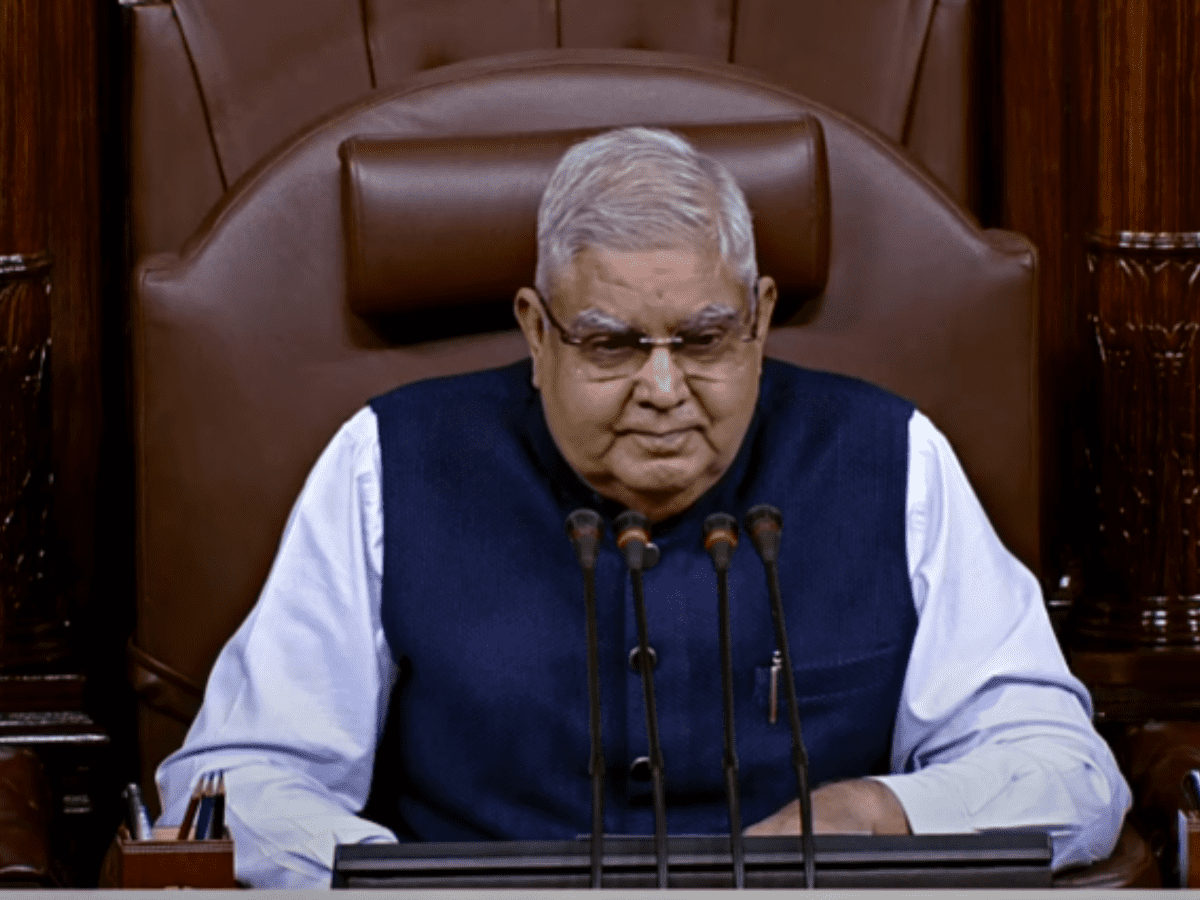
New Delhi: Amid protests by the Opposition, the private member’s bill on Uniform Civil Code (UCC) was introduced in the Rajya Sabha on Friday. The bill was introduced by BJP member Kirodi Lal Meena.
A total of 63 members voted for the bill while 23 votes were against it.
Three motions that opposed the Bill stated that it would disintegrate the country and hurt its diverse culture, but were defeated through votes by 63-23.
The Code seeks to do away with religion-based personal laws.
The Congress, Samajwadi Party, Rashtriya Janata Dal, and the DMK staged protests while the Biju Janata Dal walked out of the House.
The UCC has been in the BJP manifesto for many elections while the private member bill was pending but was not introduced.
The UCC is a proposed law to formulate and implement personal laws of citizens which would apply to all citizens regardless of their religion, gender or sexual orientation.
A Law Commission report said that a Uniform Civil Code is not essential nor desirable, and CPI(M) MP John Brittas cited this report.
RG Verma of the Samajwadi Party disagreed with the law, claiming it violated constitutional restrictions.
The mere concept of a uniform civil code, according to DMK’s Tiruchi Siva, is in opposition to secularism.
A zero-hour notice was issued by BJP MP Harnath Singh Yadav in Rajya Sabha to discuss the implementation of the Uniform Civil Code in the country.
Process of presenting a Bill:
Although the Bill was scheduled for presentation in the past, the Upper House did not advance it.
Any bill may be introduced in the Rajya Sabha, and each member is permitted four bills every session.
Private Member Bills are scheduled for Friday afternoons.
Bills are chosen for introduction based on the results of a voting process. The day’s poll resulted in the selection of Kirodilal Meena’s bill. Every session, more than 100 private member bills on a variety of topics are introduced.
This Bill is added to the list of pending Bills after introduction.
A new voting process is then implemented, and if this Bill is chosen, it will be discussed in future sessions.
(with inputs from IANS)

